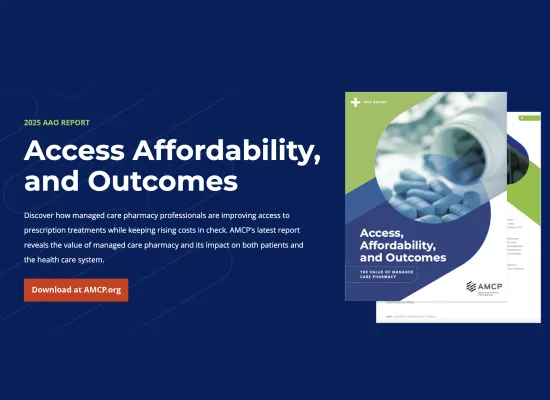
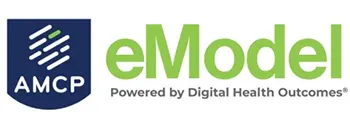
AMCP eModel is the ultimate tool for communication of health economic models and value evidence. Find out more about the new ePoster offering through this tech partnership and platform to support the exchange of clinical and economic information between pharmaceutical companies and payers.

AMCP partners with FormularyDecisions to enhance information sharing and formulary decision-making by creating a platform for current, credible, and compliant information exchange between life science companies and active, qualified healthcare decision-makers.
Featured

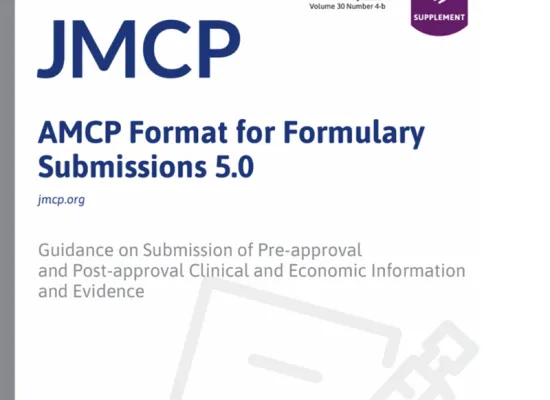



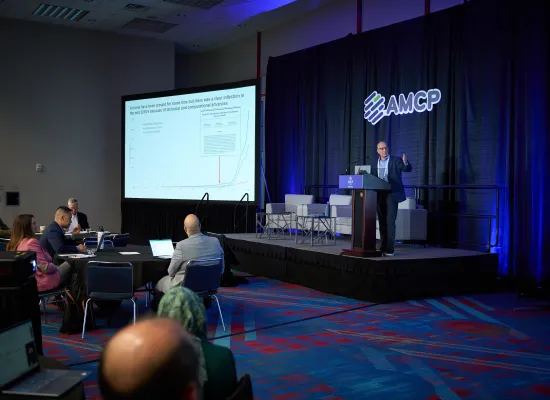
-
Health Information Technology Resources
-
Digital Therapeutics Resources
-
Health Disparities Resources
-
Value-Based Contracts Resources
Meetings Proceedings & Findings
View More
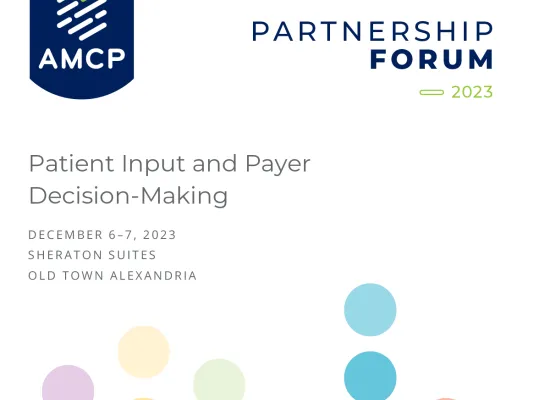

Latest News & Resources
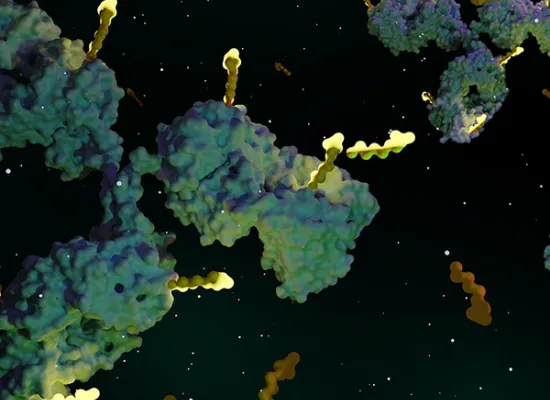
Explore actionable strategies to optimize oncology care with targeted therapies. This document offers health plan best practices, focusing on patient safety, equitable access, and evidence-based policies for effective cancer treatment. Discover innovative tools, multidisciplinary approaches, and transparent policies designed to improve patient and provider outcomes.
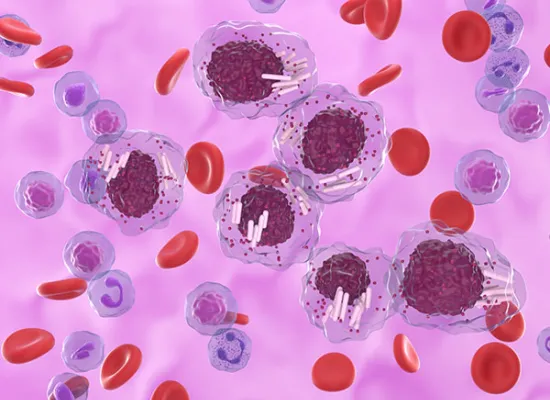
Chronic lymphocytic leukemia (CLL) is a chronic lymphoproliferative disorder (lymphoid neoplasm). It is characterized by a progressive accumulation of functionally incompetent B lymphocytes, which are usually monoclonal in origin.

Hear from a panel of experts discuss the role of BTKi's in the management of chronic lymphocytic leukemia (CLL)

The FDA continues to approve novel therapies, but concerns arise due to the costs of certain treatments. To address this, the AMCP organized a forum to explore solutions. Stakeholders recognize the benefits of high-investment medications, but uptake of payment strategies has been slow. Gradual changes, education, and collaboration are essential to improve predictability, affordability, and accessibility for patients.

AMCP convened key stakeholders in managed care to address the balance between patient access and payer requirements in the FDA Accelerated Approval (AA) pathway program. Experts from various fields participated, aiming to identify gaps between FDAAA requirements and payer-valued treatment outcomes, explore evidence ecosystem opportunities, and evaluate policy options. The forum emphasized supporting drug development innovation while recognizing payer needs and promoting stakeholder trust in the AA review process. Notably, incentivizing confirmatory trials emerged as a potential impactful policy solution.

Discover how health technology assessment (HTA) and value assessment frameworks play a crucial role in evaluating pharmaceuticals and health interventions. The recent multistakeholder Partnership Forum, hosted by AMCP, delved into recognizing value within resource constraints. Key takeaways include emphasizing innovative pharmaceutical products, comprehensive data, and the need for trusted value assessments in healthcare decision-making. Explore best practices for enhancing value assessment tools and processes across the industry.
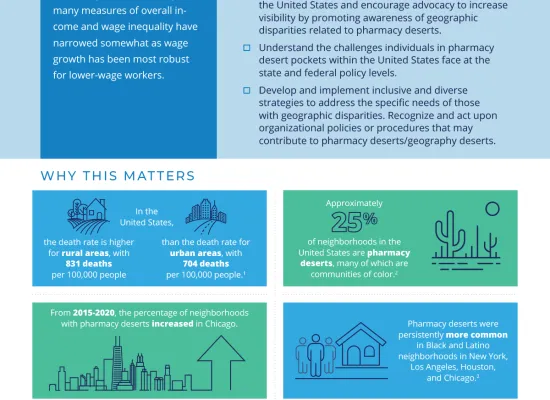
The Health Equity Action Brief on Geographic Inequality highlights a concerning trend of widening geographic inequality over the past four decades and what managed care can do to address these potential policy biases.

Diabetes technology is the hardware, devices, and software that people with diabetes use to help manage their condition. Diabetes technology has expanded to include complex devices that both monitor blood sugar and deliver insulin. The American Diabetes Association now recommends use of continuous glucose monitoring (CGM) in individuals with both type 1 and type 2 diabetes. Rapid change in the diabetes technology landscape may lead to access barriers that can impact health plan programs, necessitating appropriate coverage policies.

Partnership Forum: Participants discussed how digital therapeutics with web and designed based applications are emerging as a means to treat conditions by engaging people to improve health and wellness.

The AMCP Health Disparities Advisory Group conducted a landscape assessment to understand the role of managed care pharmacy in identifying and addressing health care disparities. Explore their findings and discover opportunities to dismantle inherent health disparities by downloading the assessment.

Host Fred Goldstein invites Jim Hopsicker, AMCP President & Vice President, Health and Pharmacy Management at MVP Health Care, Inc., and Susan Cantrell, AMCP CEO, to discuss the state of AMCP Priorities.

This advisory group was active from April 2021-March 2022.
